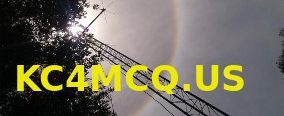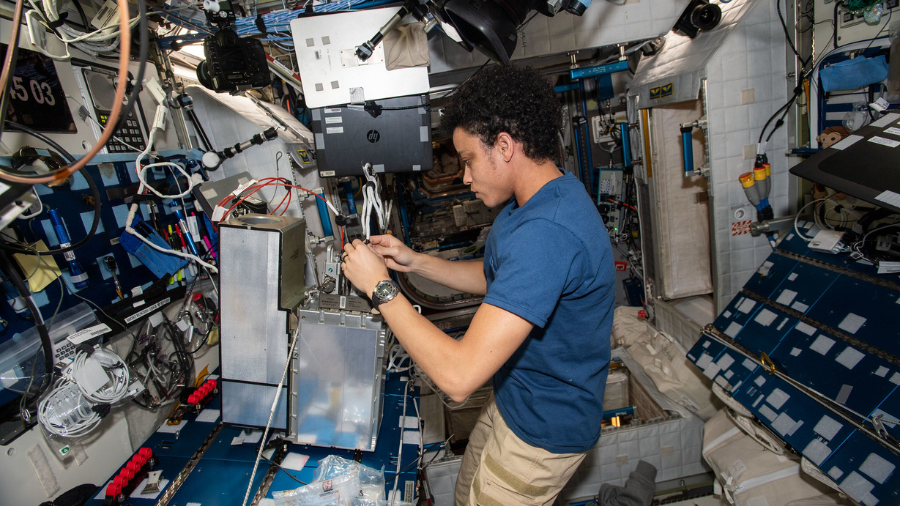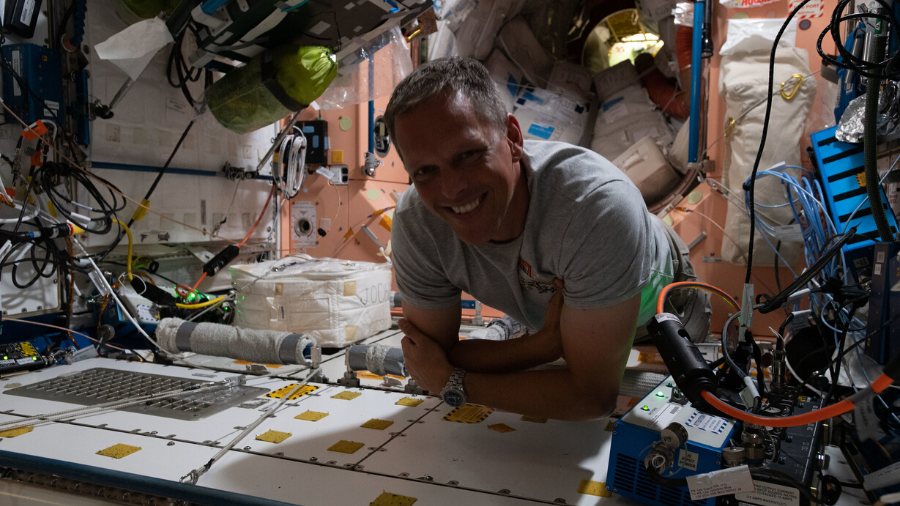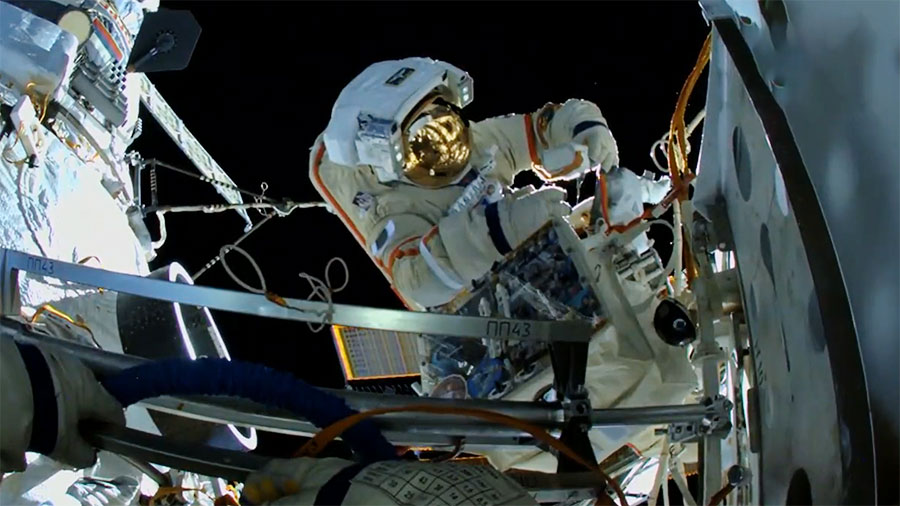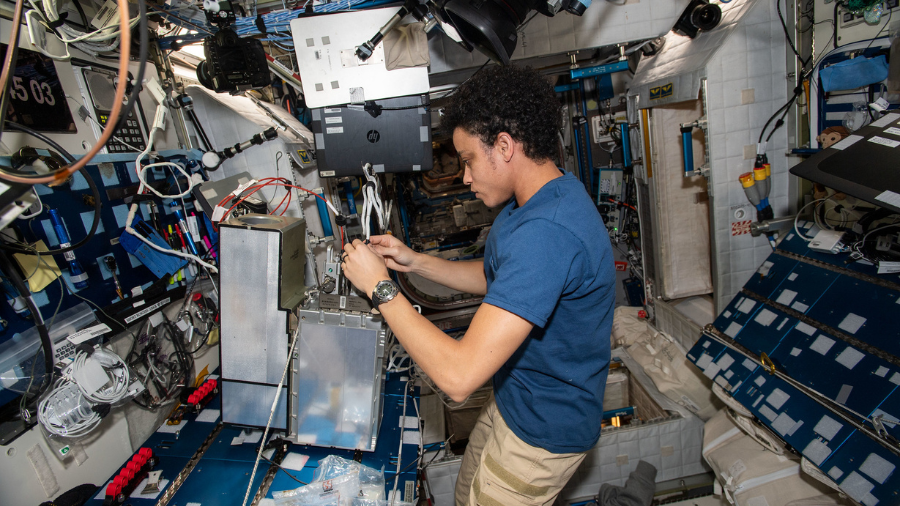
The Expedition 67 crew members focused on exercise, science beneficial to humans on Earth and future crews in space, and routine maintenance checks as part of their activities aboard the International Space Station today.
The seven station residents prioritized space exercise and took turns working out. They used the Tranquility module’s advanced resistive exercise device (ARED) to perform exercises such as bench presses, squats, and deadlifts. Crews workout on average two hours per day in space. Routine exercise helps astronauts counter the bone and muscle loss that accompanies living and working in microgravity.
NASA Flight Engineer Bob Hines worked on the new Genes in Space-9 (GIS-9) study. Cell-free technology is a platform for protein production that does not include living cells. GIS-9 evaluates two approaches for using this technology in microgravity: cell-free protein production and biosensors that can detect specific target molecules. The technology could provide a portable, low-resource, and low-cost tool with potential applications for medical diagnostics, on-demand production of medicine and vaccines, and environmental monitoring on future space missions.
NASA Flight Engineer Jessica Watkins checked on the AC inverters in the laboratory and transferred cargo from the SpaceX CRS-25 Dragon spacecraft. Later, Hines and Watkins took turns completing a Robotic On-Board Trainer for Research (ROBoT-r) session as part of the Behavioral Core Measures experiment.
Meanwhile, NASA Flight Engineer Kjell Lindgren spent most of his morning installing material sample carriers onto the Japanese Experiment Module (JEM) airlock slide table. Lindgren followed up his ARED exercise session with a fitness test on an exercise cycle. He attached sensors to his chest and pedaled for an hour on a device more formally known as the Cycle Ergometer with Vibration Isolation and Stabilization, or CEVIS. He also transferred supplies from the Dragon spacecraft.
ESA (European Space Agency) Flight Engineer Samantha Cristoforetti harvested radishes and mizuna greens growing without soil for the XROOTS space gardening study today. The experiment uses hydroponic and aeroponic techniques to grow edible plants so future crews can sustain themselves on deep space missions.
In the station’s Russian segment, the three cosmonauts exercised and completed maintenance duties. Station Commander Oleg Artemyev of Roscosmos replaced hardware in the exercise bike while Flight Engineer Denis Matveev completed monthly maintenance checks of routers in the Zvezda service module. Cosmonaut Sergey Korsakov worked on testing the European Robotic Arm manipulator.
Learn more about station activities by following the space station blog, @space_station and @ISS_Research on Twitter, as well as the ISS Facebook and ISS Instagram accounts.
Get weekly video highlights at: http://jscfeatures.jsc.nasa.gov/videoupdate/
Get the latest from NASA delivered every week. Subscribe here: www.nasa.gov/subscribe
